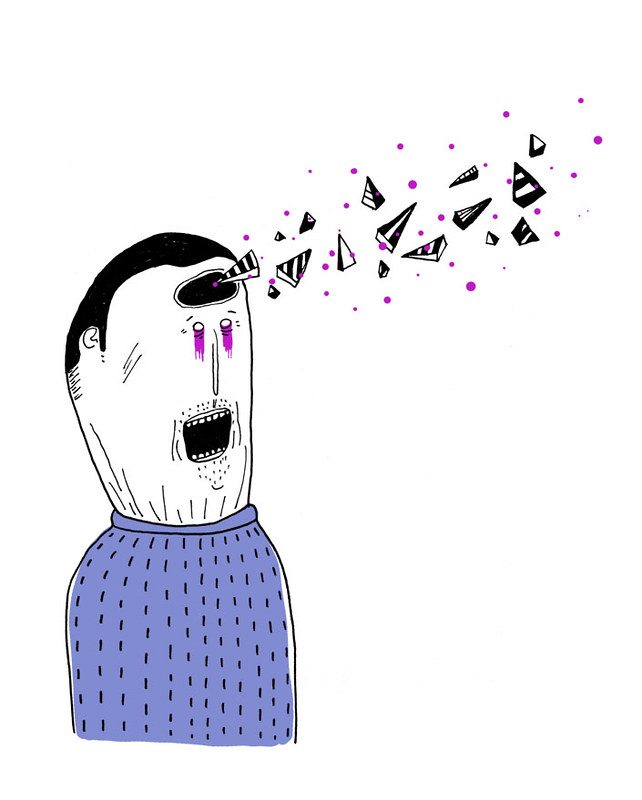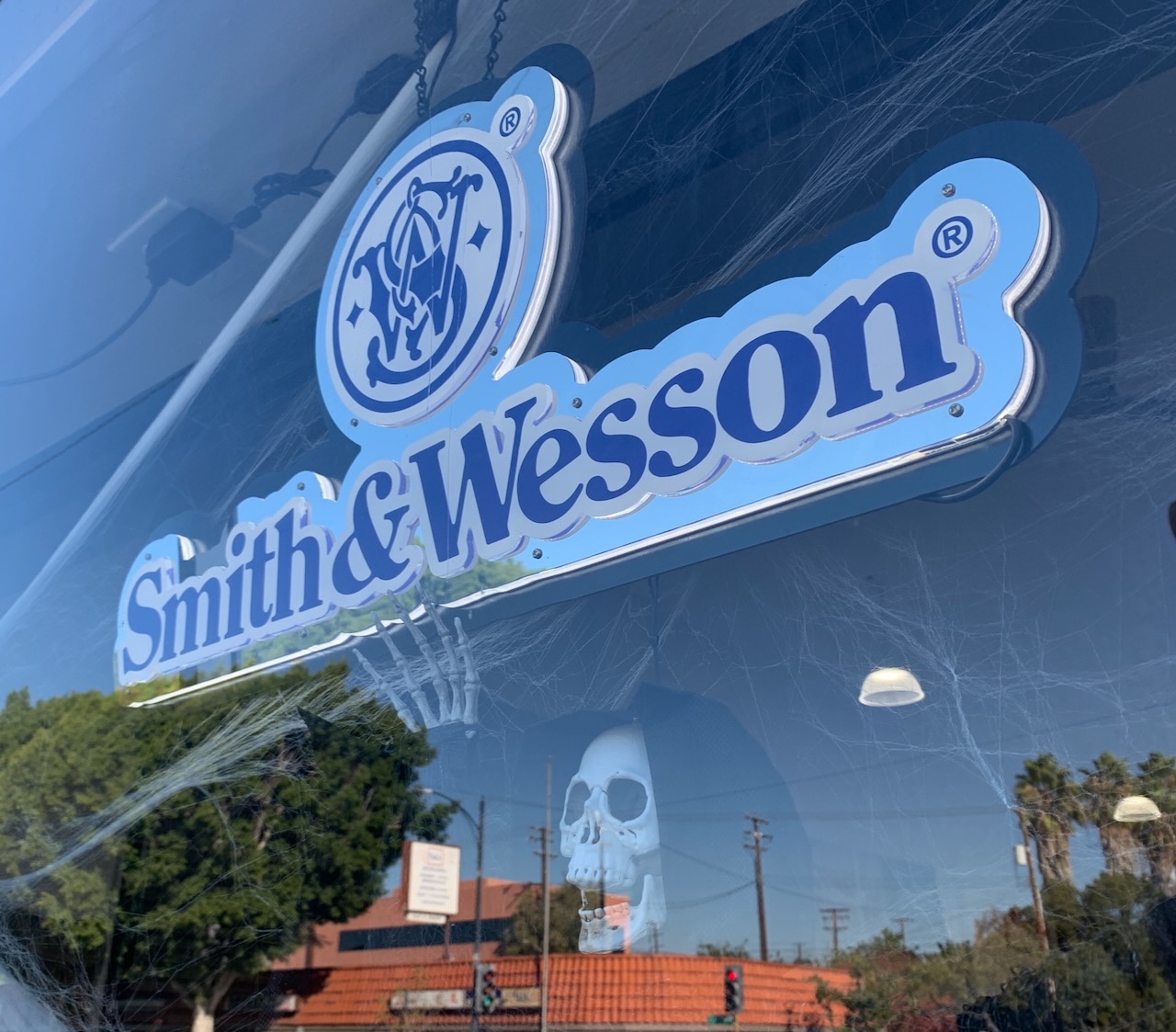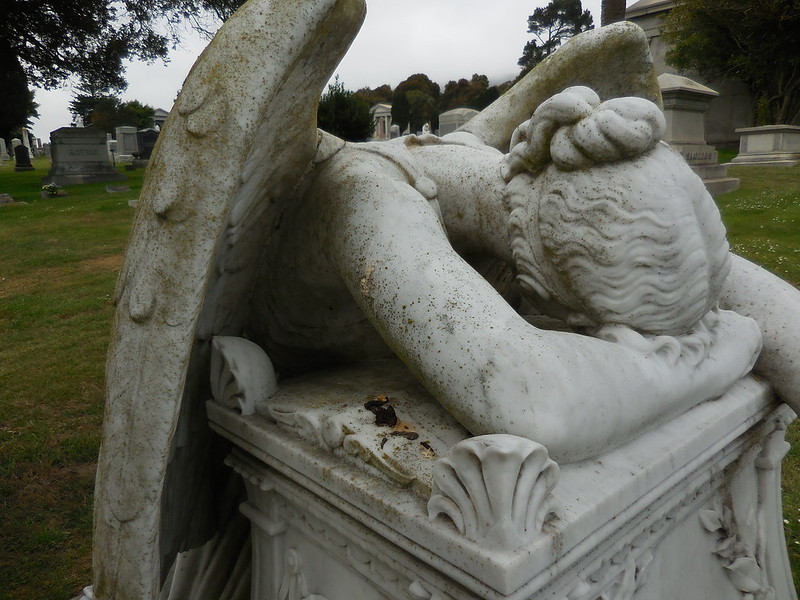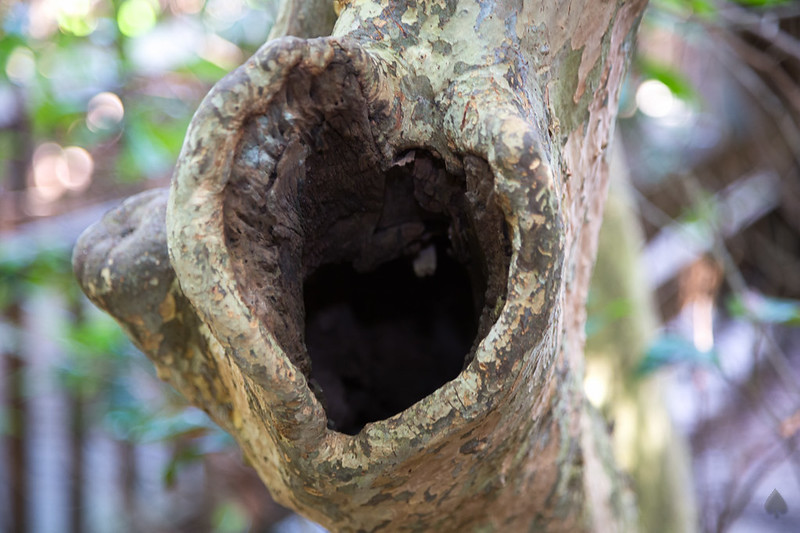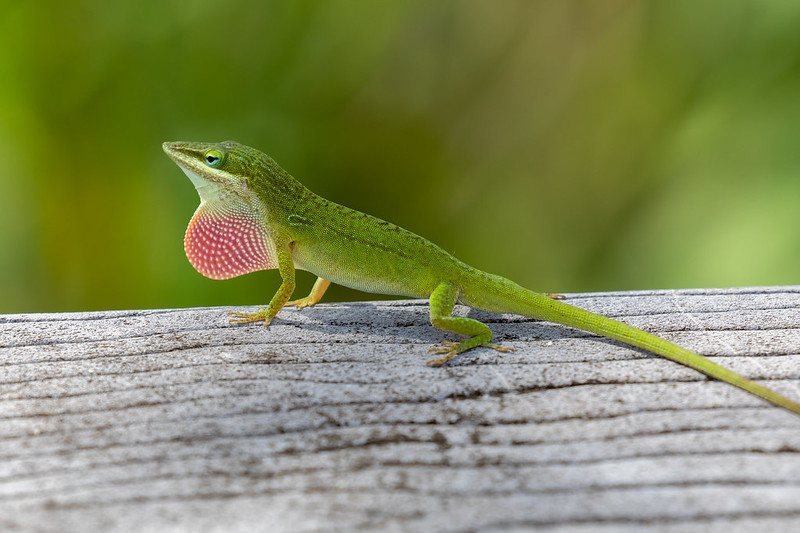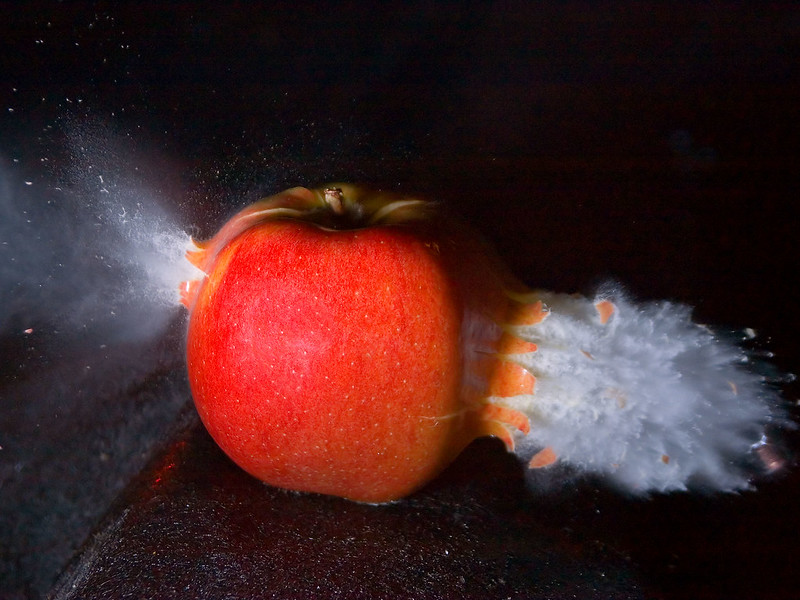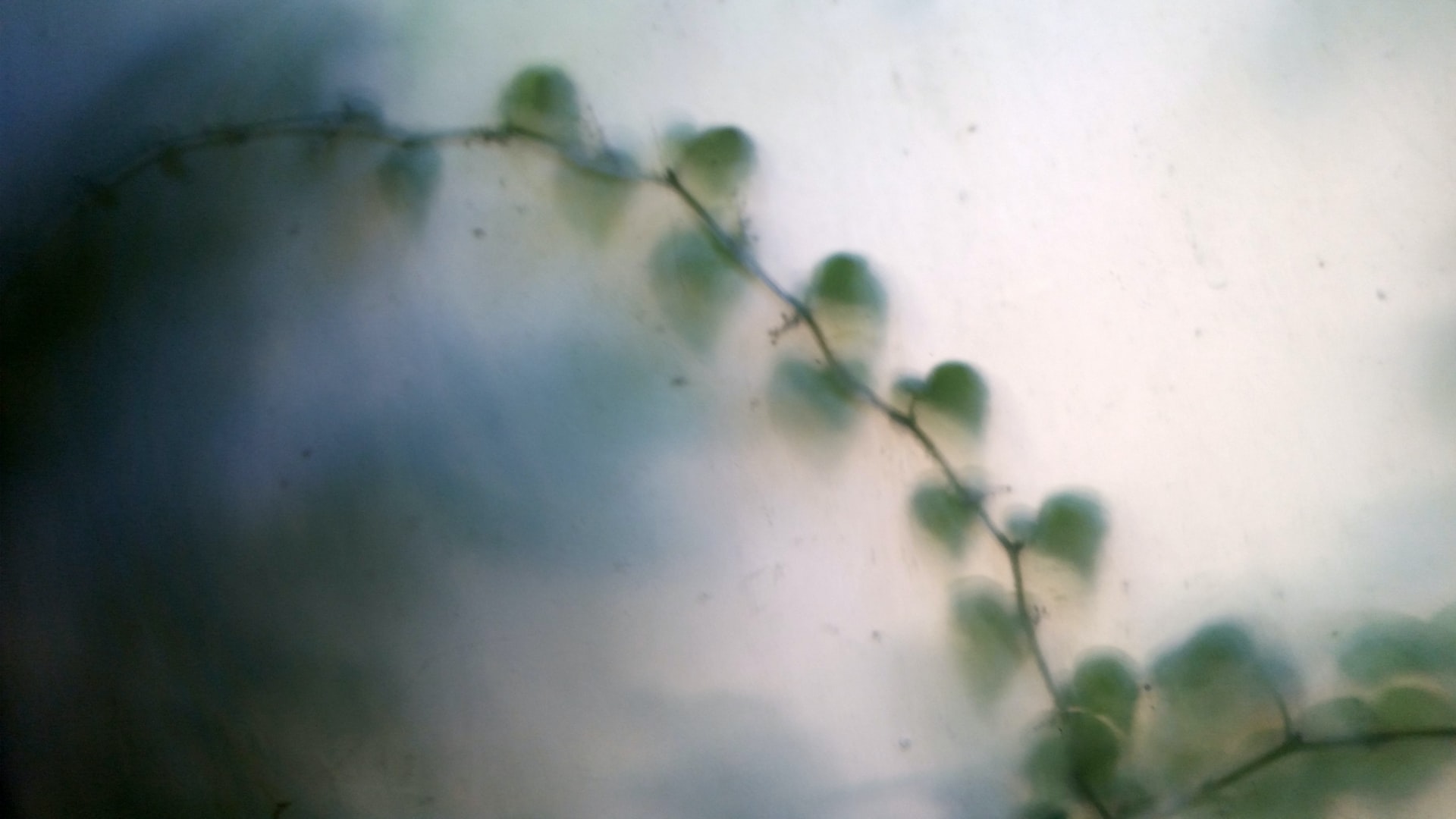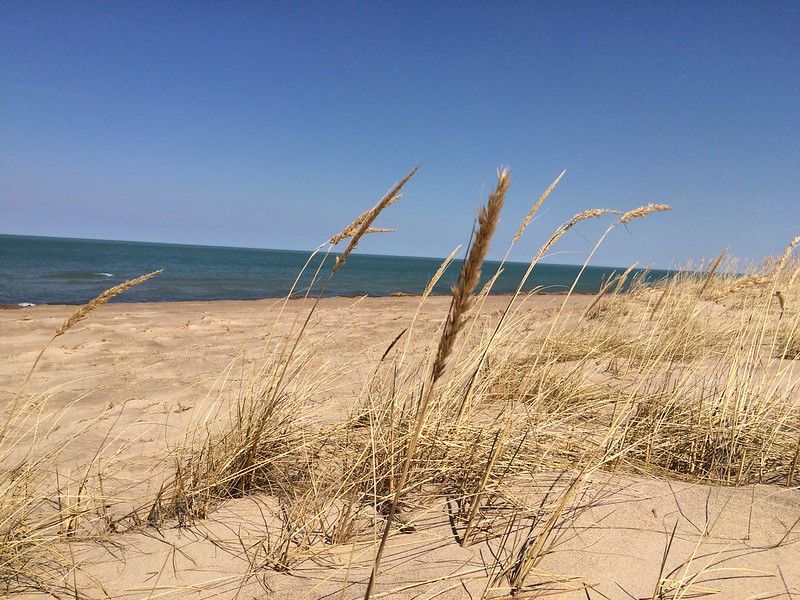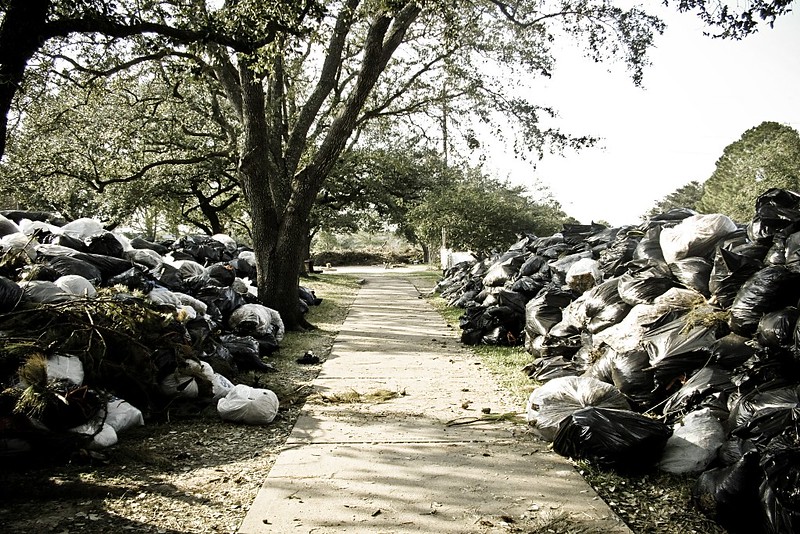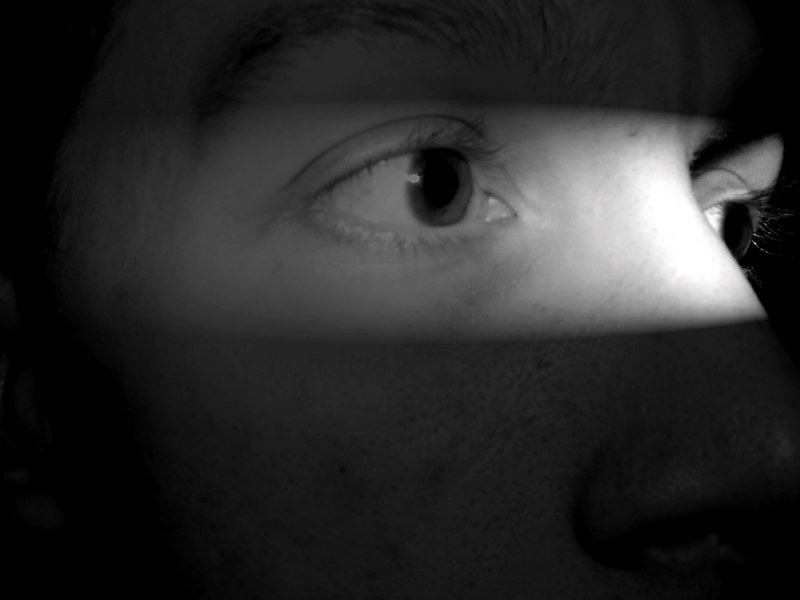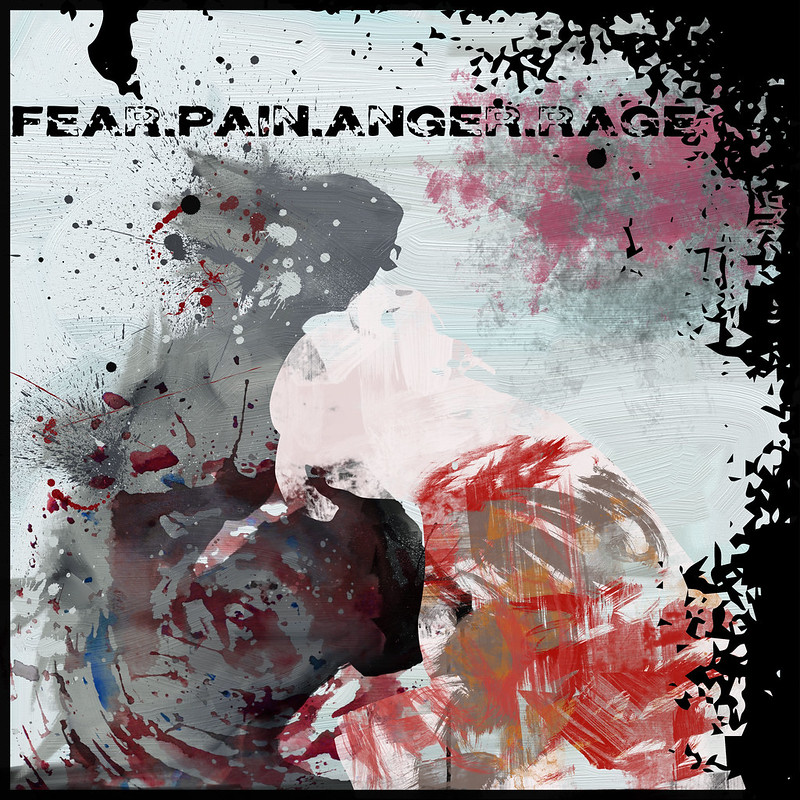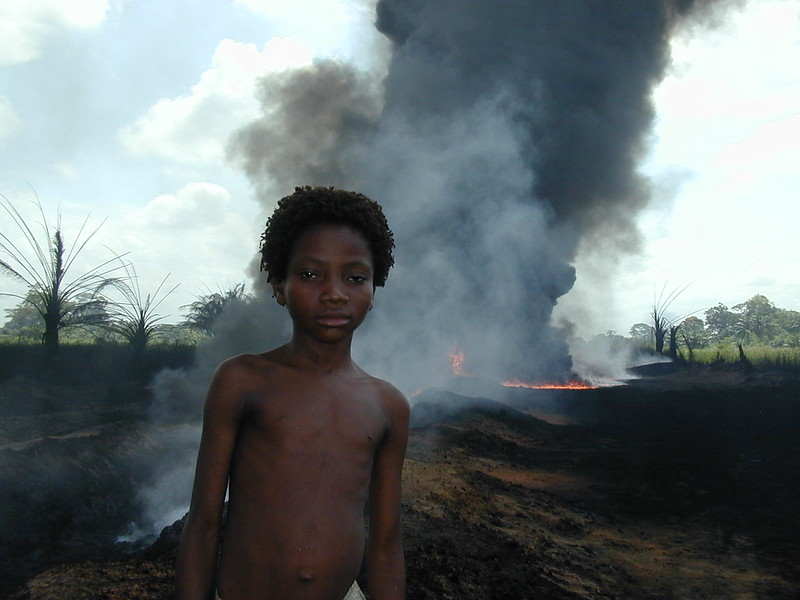On Hearing of Russian Soldiers Booby-Trapping Dead Ukrainian Civilians with Land Mines
By Karen Kilcup
How do they do it—
lift a heavy head
and place the bomb
beneath an ear? Slide
the metal disc under
a shoulder or thigh?
Or worse: do they slice
the swollen
long-dead chest, flies
fluttering, the stink
unbearable, nearly?
Do they carve
a red-rimmed cavity
large enough to implant
the device, which mimics
a hockey puck, a nippled breast?
How could they tuck it in?
How could they close the
hole, back away,
hope for the best?
A teacher and writer for more than forty years, Karen Kilcup is the Elizabeth Rosenthal Professor of American Literature, Environmental & Sustainability Studies, and Women’s, Gender, & Sexuality Studies at UNC Greensboro. She feels fortunate to work with many students of color, first-generation students, and LGBTQI+ students at this Minority-Serving Institution. Their courage and imagination inspire her and give her hope. Her forthcoming book, winner of the 2021 Winter Goose Poetry Prize, is titled The Art of Restoration.
Photo credit: Chi Wai Un via a Creative Commons license.
A note from Writers Resist
Thank you for reading! If you appreciate creative resistance and would like to support it, you can make a small, medium or large donation to Writers Resist from our Give a Sawbuck page.

